Why Learning to Win and Lose in Sports Prepares Kids for Life Better Than Any Classroom
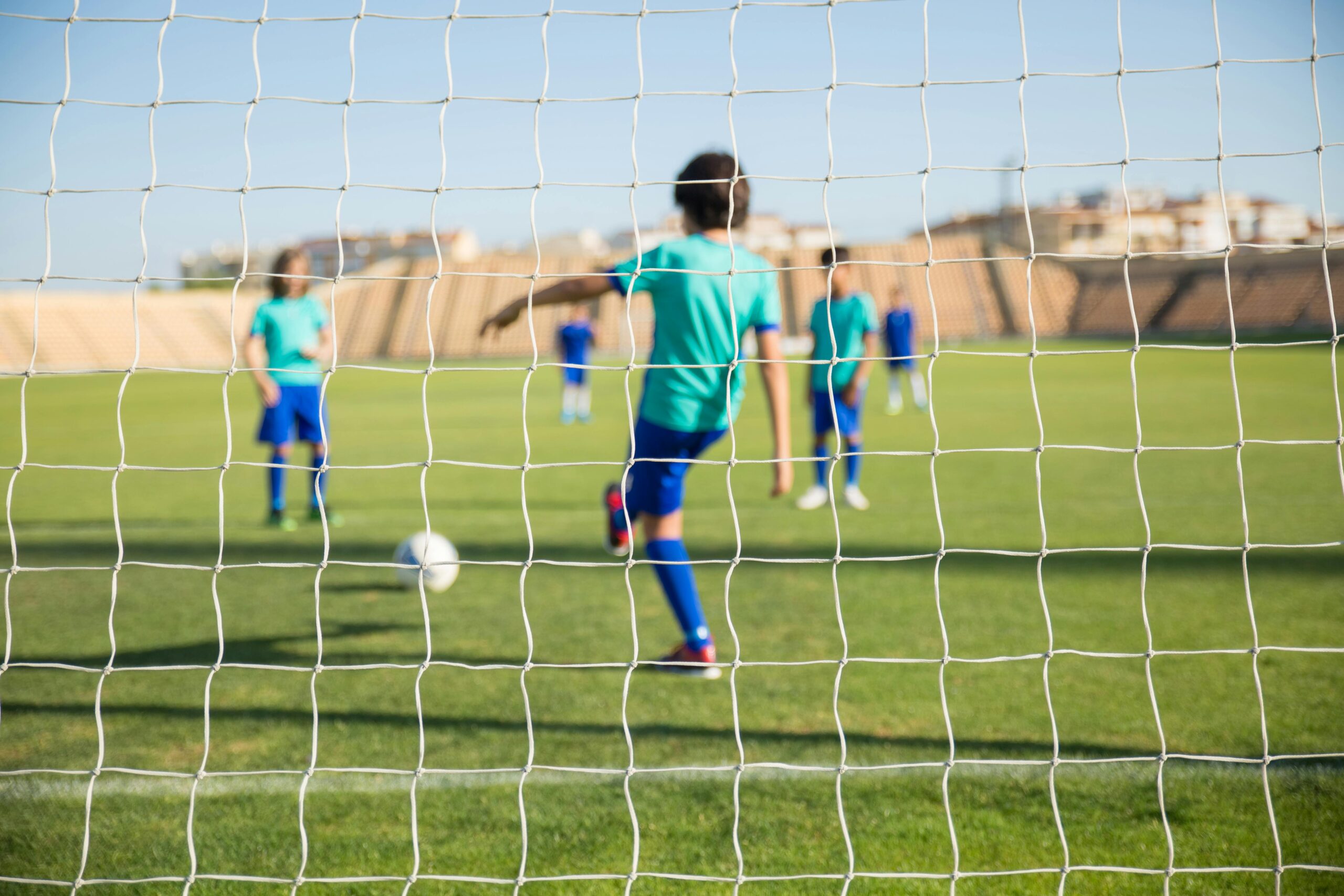
Why is it that some kids crumble at the first sign of failure, while others dust themselves off and come back stronger? The answer often isn’t found in classrooms or textbooks, but on muddy soccer fields, cracked basketball courts, or chilly ice rinks. Out there, a missed shot or a heartbreaking loss can teach more about life than any A+ ever could.
Think about it: life itself is a game of wins and losses. You won’t land every job you apply for, and not every relationship will work out. Yet we rarely give kids a safe space to practice how to handle these highs and lows. Youth sports, when done right, offer exactly that an emotional training ground where victory builds confidence and defeat builds resilience.
The truth is, winning and losing aren’t opposites. They’re partners in the same dance, shaping kids into adaptable, humble, and emotionally strong adults. But what happens when competition turns toxic—or when we try to shield kids from losing altogether?
Competition as Life’s Early Classroom
In youth sports, kids aren’t just learning how to dribble a ball or swing a bat they’re learning how to be human.
A child standing at the free-throw line with the game on the line feels something deeper than pressure. It’s accountability. It’s fear. It’s potential. These moments teach what no worksheet can: how to manage nerves, how to focus under stress, how to deal with outcomes you can’t control. This is where emotional muscle is built.
Dr. Billy Garvey, a developmental pediatrician, calls these moments “crucial stepping stones” to stable self-esteem. Whether a child wins or loses, it’s the internal processing the rise, the fall, the attempt to try again that lays the foundation for future confidence. Garvey shares how even with his competitive daughter, the key isn’t in trying to “fix” the sting of losing, but in validating it. “Disappointment should always be complemented with unconditional love and support,” he says. That’s where growth happens not in the scoreboard, but in the safety of being seen and supported through struggle.
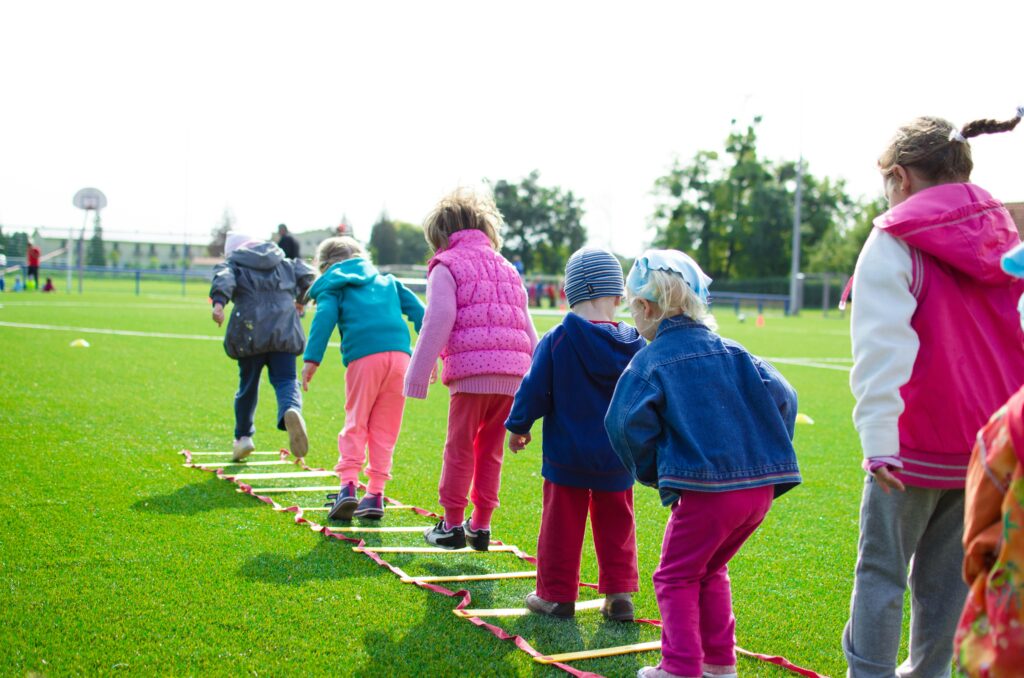
But let’s be honest today’s sports culture often misses the mark. Somewhere along the line, we began treating kids like mini professionals. Parents offer cash for goals. Some coaches yell from the sidelines like it’s the World Cup. And kids? They’re absorbing it all. Many begin to tie their self-worth to wins, and when they lose, it doesn’t just hurt it feels like failure as a person.
Yet ironically, this obsession with winning is driving kids away. According to the Aspen Institute, 70% of kids quit sports by age 13, many citing one simple reason: it’s not fun anymore. That’s a red flag. When the focus shifts from growth to glory, we strip away the most powerful part of the experience: learning how to handle life with grace, grit, and a sense of play.
And play, as it turns out, is serious business. In those “just a game” moments, kids are practicing decision-making, risk-taking, emotional regulation, and social awareness. They’re learning how to lose and still lift their head up, how to win and still shake hands. They’re becoming the kind of people who can face setbacks without breaking and that’s something no curriculum standard can guarantee.
What Winning Teaches
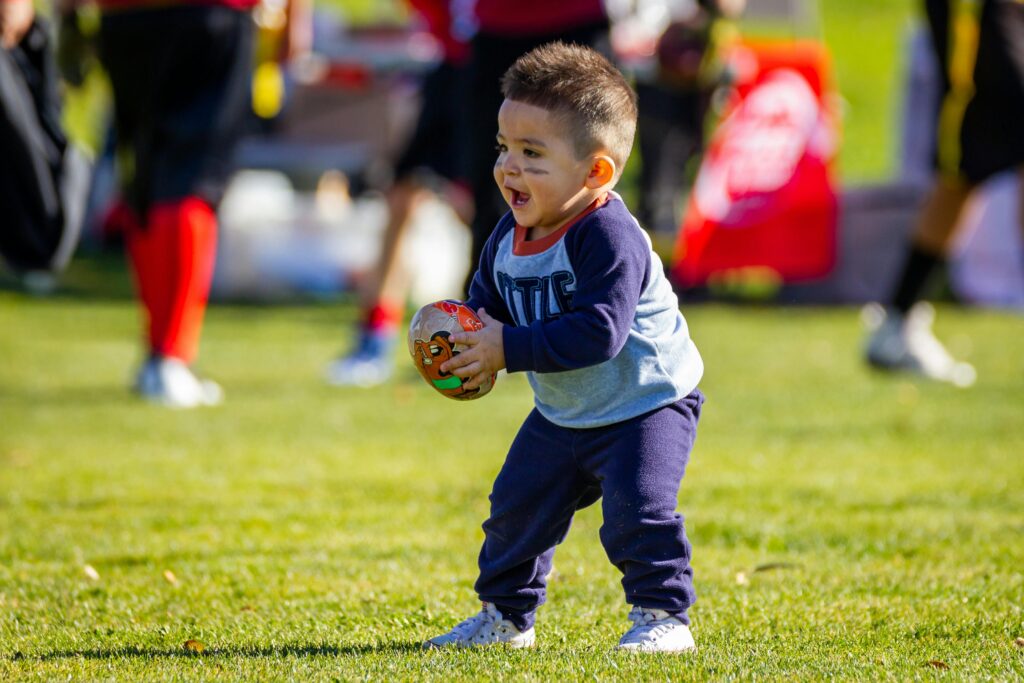
Winning gets a bad rap sometimes. We’re told it inflates egos, breeds arrogance, and distracts from the “real” purpose of play. But let’s be honest there’s power in winning. Real, constructive, character-shaping power when it’s framed the right way.
For a child, winning a game isn’t just about the scoreboard. It’s a surge of I can. It affirms effort, strategy, focus, and teamwork. It shows them that their choices matter, that showing up, trying hard, and sticking with it can lead to something meaningful. That sense of earned pride becomes fuel the kind that propels kids to try again, dream bigger, and risk more.
This kind of feedback loop “I tried, I succeeded, I believe I can do even more” cultivates a growth mindset. It nurtures what psychologists call a can-do attitude, an inner belief that obstacles aren’t brick walls, but challenges to be overcome. As children internalize this, they begin to push beyond what’s required. They take initiative, set higher goals, and start to lead not just participate.
But here’s where winning becomes a teacher, not just a reward: true victory isn’t about stepping over others. It’s about lifting others as you rise. Kids who are coached to win with humility learn to share credit, respect opponents, and stay focused even after the applause fades. They learn that success doesn’t mean “done” it means ready for the next challenge.
Sports psychologist Jaclyn Ellis notes that unhealthy perfectionism and pressure can suck the joy out of winning altogether. One 14-year-old soccer player scored a goal but walked away with slumped shoulders, saying, “It’s my job to score… why should I celebrate that?” When winning becomes an obligation rather than an achievement, it loses its meaning. It becomes hollow. That’s not growth, it’s burnout.
So the lesson here isn’t that winning is bad. It’s that how we teach kids to win matters. When children are celebrated not just for outcomes but for effort, attitude, and sportsmanship, victory becomes something bigger than a trophy. It becomes a reflection of who they are becoming.
Where Real Growth Happens
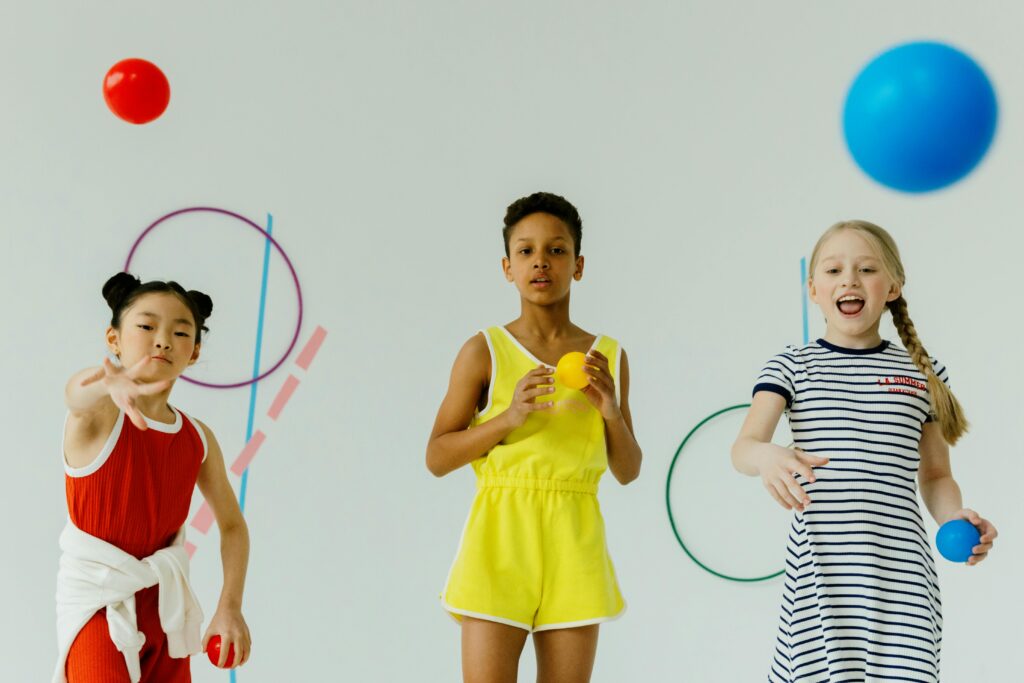
No one likes to lose. Not kids. Not adults. Not even pros with million-dollar contracts. But here’s the truth we too often forget: losing is not the opposite of winning, it’s the root of becoming.
For a child, losing can feel like the world tilting sideways. The missed shot. The final whistle. The scoreboard that doesn’t swing their way. But in that sting lies something priceless – a mirror, a lesson, a moment of quiet transformation.
Losing teaches what winning can’t. It teaches how to stay standing when things fall apart. It teaches humility, emotional regulation, and perseverance not in theory, but in the trenches. Dr. K, a medical doctor and mental health educator, puts it bluntly: “Confidence doesn’t come from success. It comes from surviving failure.” And he’s right.
When kids lose and are still encouraged still cheered for, still invited to play again they internalize a life-altering truth: My worth isn’t tied to this outcome. I can mess up and still be enough.
This matters. A lot. Because research shows that children who face setbacks early and are supported through them are more likely to develop resilience, empathy, and future grit. It’s the loss not the lesson plan that builds the emotional armor they’ll need in school, in friendships, and in the unknowns of adulthood.
Melody Brook, a family therapist, explains it this way: kids who never lose don’t just avoid pain—they avoid growth. And when they do eventually hit hardship, they crumble. But those who’ve learned to lose with grace and feel safe doing so develop a kind of quiet power. They learn to regulate disappointment, reflect on mistakes, and try again without fear.
Even socially, losing matters. When kids experience loss in front of peers, they’re not being shamed they’re learning they’re not alone. They’re witnessing what shared vulnerability looks like. They’re developing compassion not just for others, but for themselves. And that’s emotional intelligence in motion.
This is why protecting kids from every disappointment is a disservice, not a kindness. Shield them from every fall, and they’ll never learn how to get back up. Let them lose. Let them cry. Let them feel it and then show them how to rise. That’s where the real growth happens.
The Risk of Over-Professionalizing Play
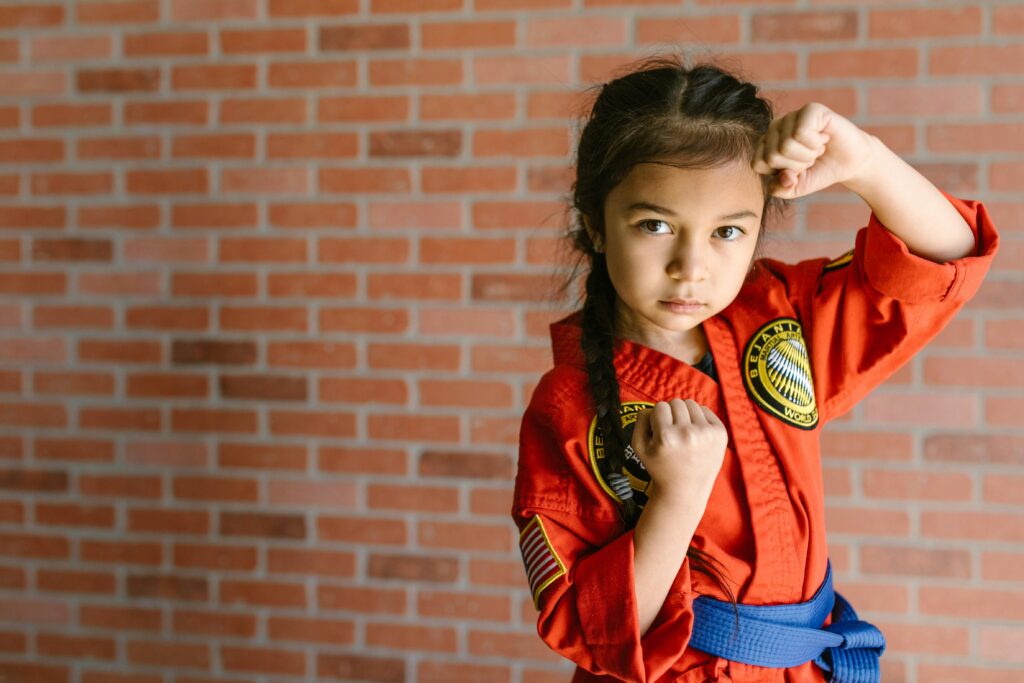
Today, some youth athletes train year-round, specialize before puberty, and carry the unspoken dreams of scholarships and stardom on their backs before they’ve even learned to tie their cleats. The joy of movement is replaced by pressure to perform. The game becomes a job.
Jaclyn Ellis, a mental-performance coach, sees it all too often. Kids as young as 10 or 11 internalizing an all-or-nothing mindset: If I win, I’m valuable. If I lose, I’m nothing. That’s not sport, that’s stress. And it’s taking a toll.
This is what psychologists call “all-or-none thinking” a mental trap where outcomes are binary, and anything short of perfection feels like failure. It’s a mindset that breeds fear, not freedom. Kids begin avoiding risks. Some stop trying altogether unless they’re guaranteed success. And that’s the real tragedy not losing a game, but losing the courage to even play.
Consider this: according to data from the Aspen Institute’s Project Play, 70% of kids quit sports by age 13, often because it’s no longer fun. The field that once felt like freedom now feels like judgment. That drop-off isn’t about laziness, it’s about burnout. It’s about being pushed into performance without purpose.
And it’s not just about the kids. Sometimes, well-meaning parents and coaches driven by love, legacy, or unhealed ambitions become agents of pressure. The shouting from the sidelines, the cash-for-goals incentives, the quiet disappointment after a “bad” game all of it sends a message: you are only as good as your win.
Some organizations are already trying. Canada Soccer and USA Hockey, for instance, have implemented programs that de-emphasize standings and scoring for younger players, focusing instead on development, teamwork, and radical idea fun. And guess what? Participation is rising, not falling. Between 2009 and 2022, youth hockey registration in the U.S. for kids aged 8 and under increased by 94%.
Still, not everyone supports this shift. Critics say it waters down competition or deprives kids of “real-world” lessons. But here’s the irony: the real world isn’t a neat binary of winners and losers. Life is messy. It’s filled with grey areas, second chances, and situations where growth matters more than gold.
Why Sports Prepare Kids for Life Like Nothing Else
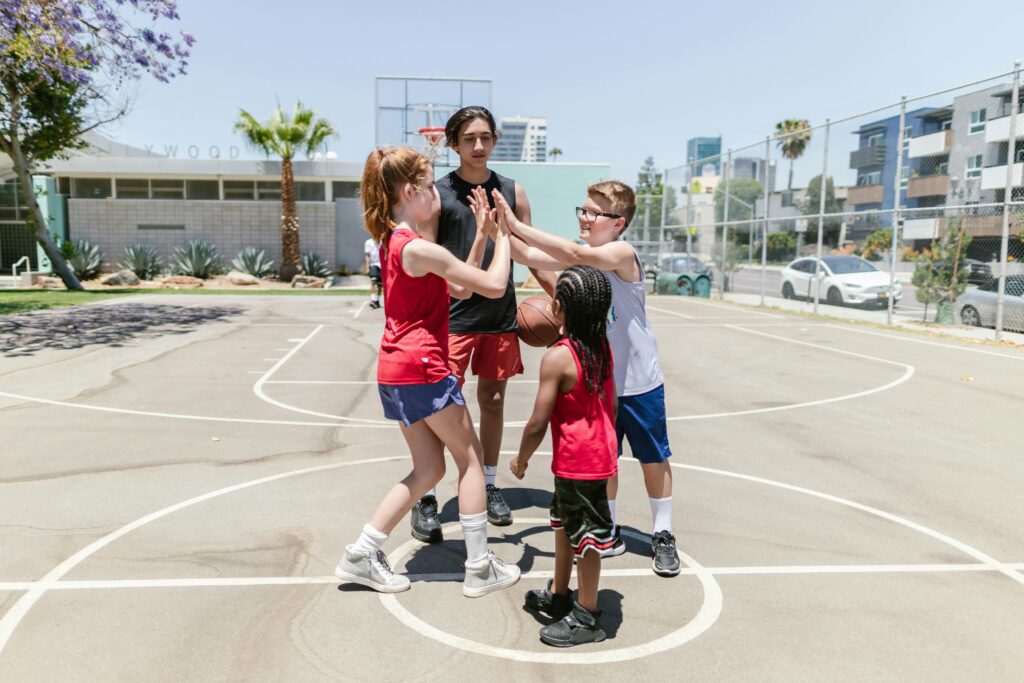
Classrooms teach multiplication tables and grammar rules. Sports teach something different something visceral. The lessons aren’t written on whiteboards or graded on report cards, but etched in every stumble, cheer, high-five, and heartbreak. When done right, sports mirror the complexity of life itself, preparing children in ways no syllabus ever could.
Real-World Pressure, Safe-Space Learning
On the field, kids make decisions in real time sometimes in front of a crowd, sometimes after a mistake, sometimes with everything on the line. There’s pressure, yes, but there’s also permission to try again. Unlike life’s bigger arenas job interviews, relationships, college applications sports give kids a low-stakes laboratory to practice high-stakes skills.
They learn to:
- Stay focused under pressure
- Adjust quickly to unexpected outcomes
- Work as individuals within a team
- Bounce back when things fall apart
These are not just sports skills. They’re life skills tools every child needs to survive and thrive.
Emotional Intelligence in Motion
In sports, children don’t just learn how to pass a ball. They learn how to pass encouragement, take accountability, share celebration, and hold disappointment without letting it break them. It’s emotional intelligence, taught in motion.
A child who learns to lose with grace is a child who won’t unravel the first time life says “no.”
A child who wins and still shares credit is learning humility.
A child who fails in front of teammates and returns to practice the next day? That’s resilience being built brick by brick.
This emotional fluency can’t be memorized. It must be lived.
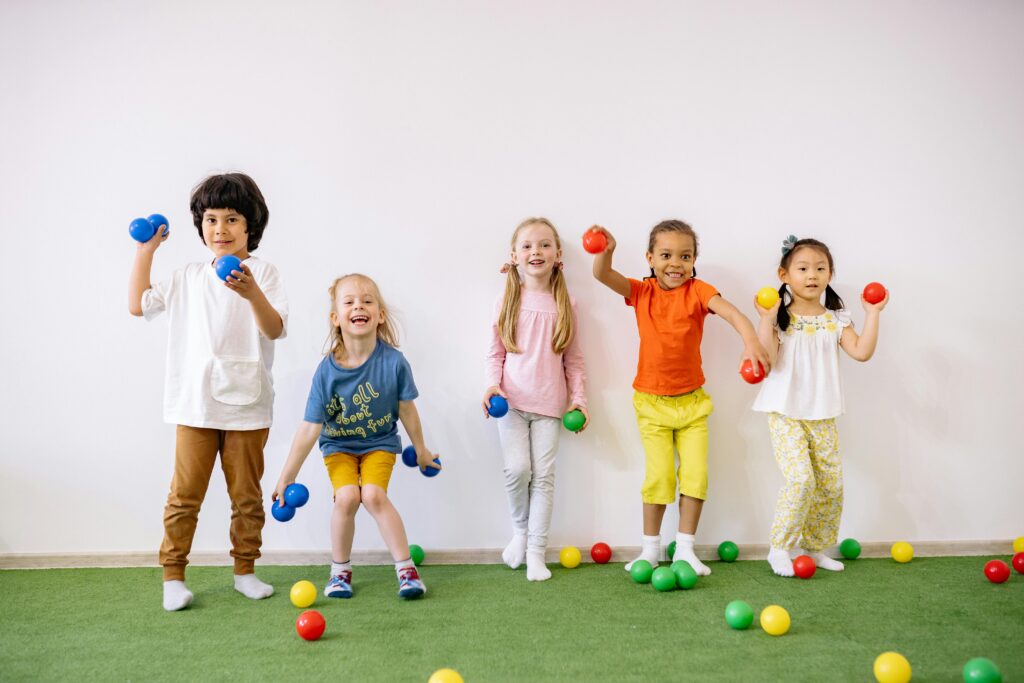
Cooperation Over Competition (Even Within Competition)
Here’s the paradox: while sports revolve around competition, they also teach the value of connection. Kids learn how to rely on others, communicate under stress, and align their individual goals with the greater good of the team.
Even opponents play a role they help each other grow. Because without challenge, there is no progress.
Dr. Kenneth Barish, professor of psychology, reminds us that every competition is a socializing experience. Children learn rules, boundaries, and respect not just for authority, but for peers. They see the humanity in their rivals. And in doing so, they become more human themselves.
Preparation for the Inevitable Unfairness of Life
One of the most underappreciated gifts of sports? They teach that life doesn’t always go your way and that’s okay.
Referees make bad calls. Talented players get benched. You can give your best and still lose. That’s life. Not everyone gets the job, the recognition, the outcome they hoped for. But sports teach kids to keep showing up anyway.
They learn that:
- Outcomes don’t always reflect effort
- Failure isn’t final
- Setbacks are setups for comebacks
And perhaps most importantly they learn that who they are is not defined by what they achieve.
A Foundation That Lasts Beyond the Final Whistle
Years from now, few will remember who scored the winning goal in the 6th-grade championship. But the kid who learned to speak up for a teammate? The one who came back after a loss and tried harder? The one who sat with a crying friend after a tough game?
Those lessons last.
Because real life isn’t about trophies. It’s about character. It’s about courage. It’s about learning how to stay grounded when everything around you shifts.
Let Them Win. Let Them Lose. Let Them Grow.
We live in a world that tries to bubble-wrap kids from disappointment where every trophy shelf is full, and every scoreboard is softened to spare feelings. But growth doesn’t live in comfort. It lives in the tension between effort and outcome, between trying and failing, between falling and choosing to stand again.
Let your child win and cheer like it’s the World Cup. Let them lose and sit beside them while the sting settles. Let them feel it all. Because in those highs and lows, you’re not just raising an athlete. You’re raising a human being who knows how to navigate life’s unpredictable terrain.
Don’t rob them of that. Don’t trade resilience for short-term comfort.
When they win, let it teach them humility. When they lose, let it teach them grit. And through it all, remind them: their worth is never up for debate.
The game is just the beginning. The real victory? It’s who they become because they played.
Loading...

